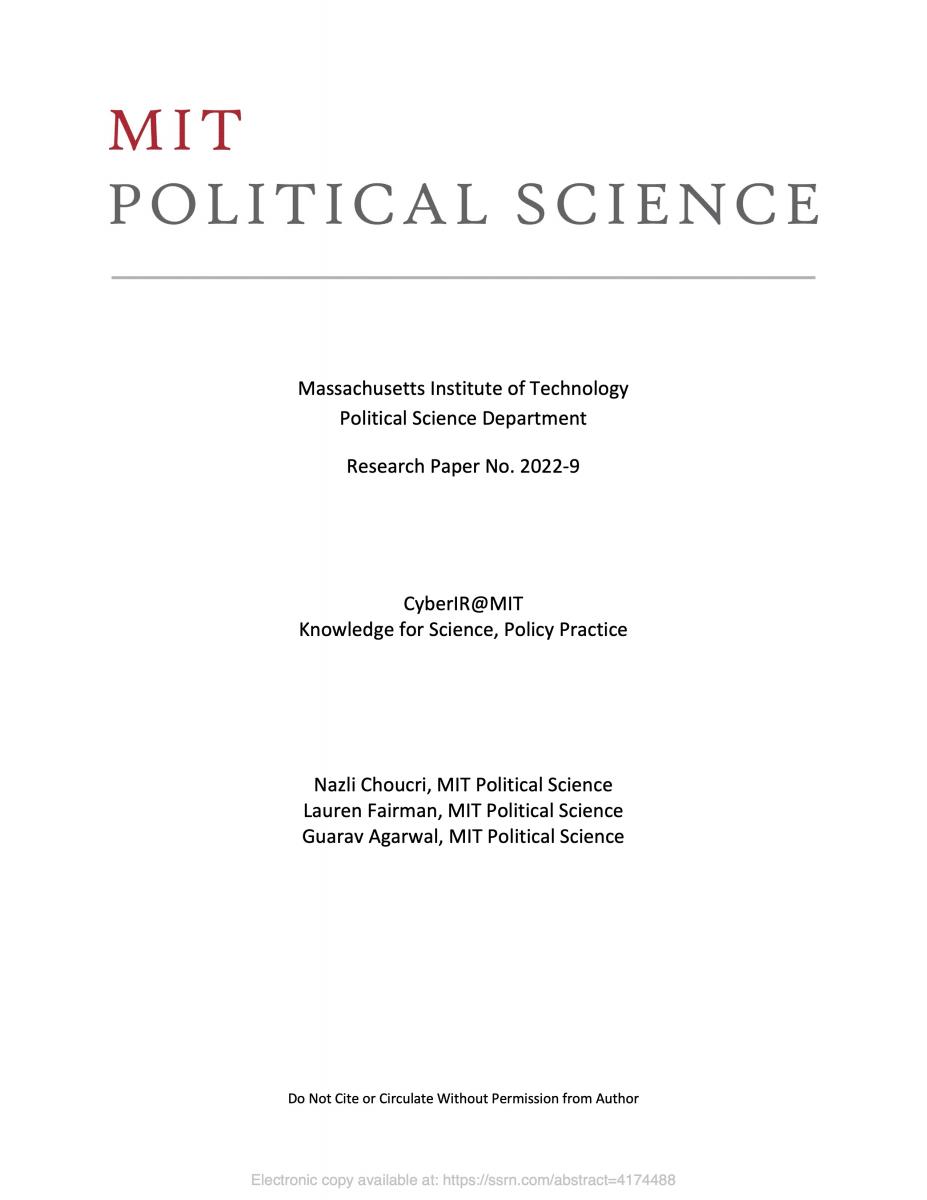URL:
Abstract:
This article advocates for the usage of offensive cyber capabilities in U.S. cyber deterrence strategy, examining both the challenges and benefits of integrating offensive cyber deterrence into a broader international deterrence framework. The authors argue that the U.S.’ current deterrence-by-denial approach has proved insufficient to dissuade cyber competition from opposing states like China, Russia, and North Korea. As such, the U.S. should embrace an updated declaratory cyber deterrence policy (deterrence by punishment) and focus on its offensive cyber capabilities. Offensive cyber deterrence could provide many new and useful forms of engagement, such as the potential to deter adversaries, disrupt operations, and gain advantages in the cyber domain. Of course, the usage of offensive capabilities in any sphere must be carefully maneuvered and transparently communicated to avoid unintended escalation. In particular, the article highlights the need for clear rules of engagement, effective communication, and a commitment to minimizing escalation between all parties. Clear communication and public dialogue are also key to avoiding escalation and disorder, especially domestically or with allied democratic states. With the growing pervasiveness of cyberspace, offensive cyber capabilities are essential for ensuring national security, but must be carefully calibrated and integrated with defensive measures to avoid unintended consequences and escalation.
Year:
2022
Domain:
Dimension:
Region:
Country:
United States



